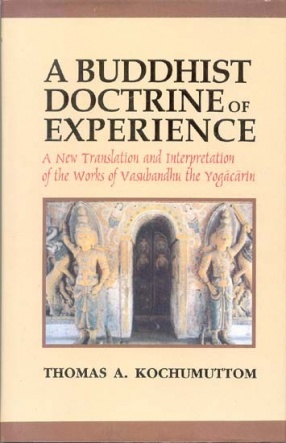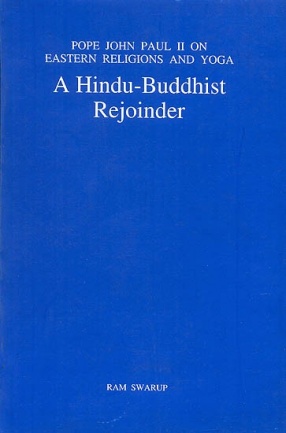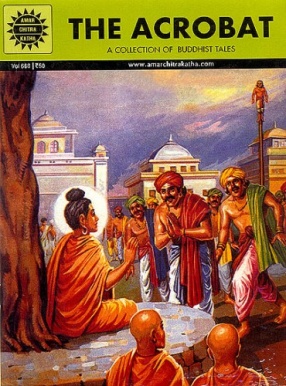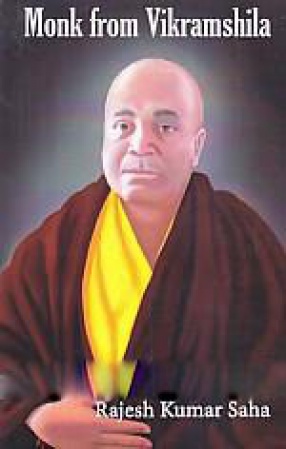Giving a new translation and interpretation of the basic works of Vasubandhu the Yogacarin, the author shows that Yogacara metaphysics is basically the same as that of the early Buddhism. He contends that the Yogacara writings are open to interpretation in terms of realistic pluralism, and thus challenges their traditional interpretation in terms of idealistic monism. His translation is faithful to the original, arguments convincing and consistent, and presentation clear and readable. The texts translated and interpreted are (i) Madhyanta-vibhaga-karika-bhasya, (ii) Trisvabhava-nirdesa, (iii) Trimsatika and (iv) Vimsatika.
The doctrine of experience presented by these texts may be summarised in the words of the author as follow: "The experience of samsara consists basically in one’s being forced to view oneself as the grasper (grahaka), the enjoyer (bhoktr), the knower (jnatr) of all beings, which are then viewed as the graspable (grahya), the enjoyable (bhojya), the knowable (jneya). There one cannot help mentally constructing the distinction between the subject and the object, the grasper and the graspable, the enjoyer and the enjoyable .





There are no reviews yet.